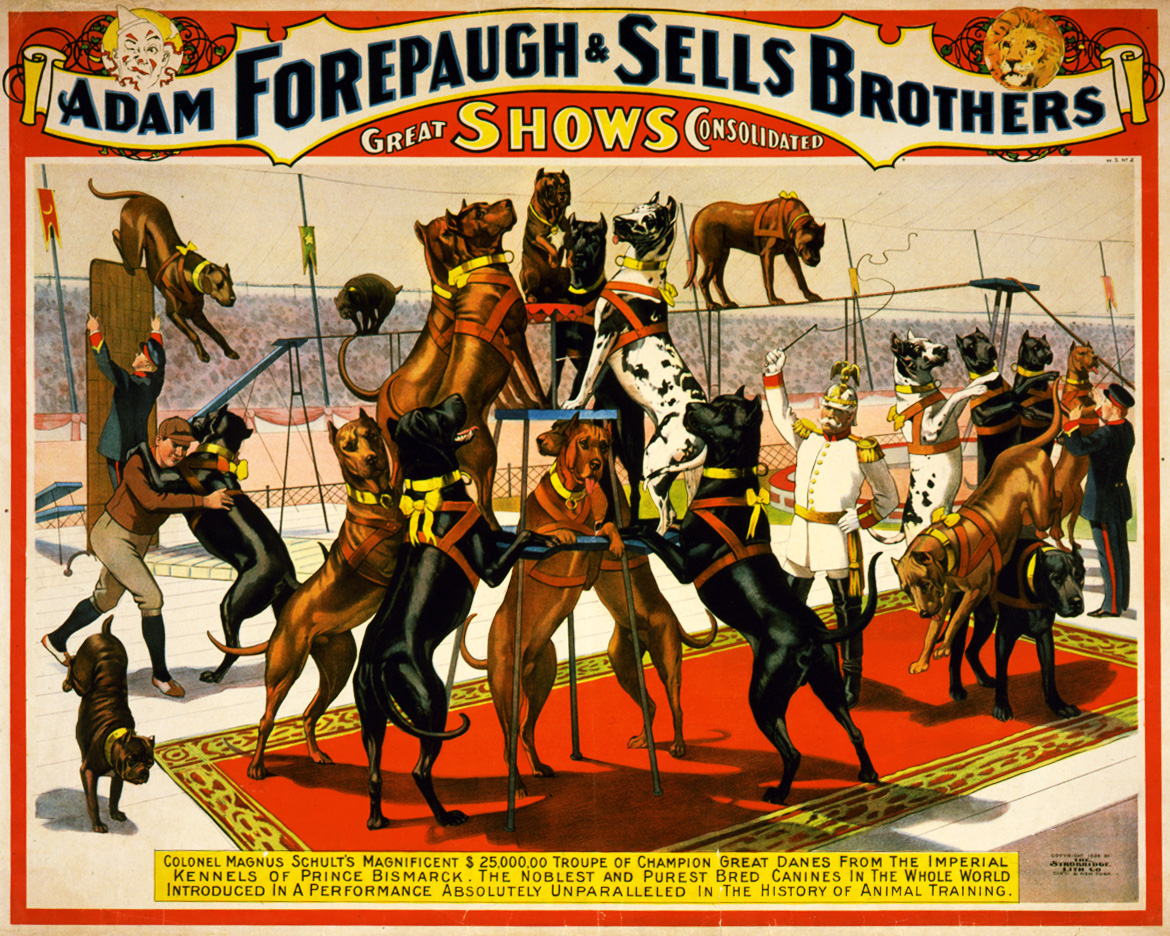|
Nada (English Musician)
Steve Grainger is an English electronic music composer and performer. His current project is nada (always written in lower-case letters). Biography Grainger has been active as a musician and producer for almost 30 years, in which time he has worked as a music writer for TV production companies, produced numerous records and played in several bands - most notably, those of the mid-noughties Brighton scene such as The Customers and The Small. In 1999 he signed with Infectious Records, a subsidiary of Mushroom Records as a founder member of Elevator Suite with DJs Andy Childs and Paul Roberts,Collins complete UK hit singles 1952-2004 Graham Betts - 2004 - Page 254 "ELEVATOR SUITE UK instrumental/production trio fanned by Andy Childs, Steve Grainger and Paul Roberts." a band whose first two singles were crowned "Record Of The Week" on BBC Radio 1, and who went on to tour Europe with Morcheeba and release a critically acclaimed album: '' Barefoot & Shitfaced''. nada nada's mu ... [...More Info...] [...Related Items...] OR: [Wikipedia] [Google] [Baidu] |
Brighton
Brighton () is a seaside resort and one of the two main areas of the City of Brighton and Hove in the county of East Sussex, England. It is located south of London. Archaeological evidence of settlement in the area dates back to the Bronze Age, Roman and Anglo-Saxon periods. The ancient settlement of "Brighthelmstone" was documented in the ''Domesday Book'' (1086). The town's importance grew in the Middle Ages as the Old Town developed, but it languished in the early modern period, affected by foreign attacks, storms, a suffering economy and a declining population. Brighton began to attract more visitors following improved road transport to London and becoming a boarding point for boats travelling to France. The town also developed in popularity as a health resort for sea bathing as a purported cure for illnesses. In the Georgian era, Brighton developed as a highly fashionable seaside resort, encouraged by the patronage of the Prince Regent, later King George IV, who spent ... [...More Info...] [...Related Items...] OR: [Wikipedia] [Google] [Baidu] |
Circus
A circus is a company of performers who put on diverse entertainment shows that may include clowns, acrobats, trained animals, trapeze acts, musicians, dancers, hoopers, tightrope walkers, jugglers, magicians, ventriloquists, and unicyclists as well as other object manipulation and stunt-oriented artists. The term ''circus'' also describes the performance which has followed various formats through its 250-year modern history. Although not the inventor of the medium, Philip Astley is credited as the father of the modern circus. In 1768, Astley, a skilled equestrian, began performing exhibitions of trick horse riding in an open field called Ha'Penny Hatch on the south side of the Thames River, England. In 1770, he hired acrobats, tightrope walkers, jugglers and a clown to fill in the pauses between the equestrian demonstrations and thus chanced on the format which was later named a "circus". Performances developed significantly over the next fifty years, with large-scale theat ... [...More Info...] [...Related Items...] OR: [Wikipedia] [Google] [Baidu] |
Cornet
The cornet (, ) is a brass instrument similar to the trumpet but distinguished from it by its conical bore, more compact shape, and mellower tone quality. The most common cornet is a transposing instrument in B, though there is also a soprano cornet in E and cornets in A and C. All are unrelated to the Renaissance and early Baroque cornett. History The cornet was derived from the posthorn by applying rotary valves to it in the 1820s, in France. However, by the 1830s, Parisian makers were using piston valves. Cornets first appeared as separate instrumental parts in 19th-century French compositions.''Encyclopædia Britannica'', Micropedia, Volume III, William Benton, Chicago Illinois, 1974, p. 156 The instrument could not have been developed without the improvement of piston valves by Silesian horn players Friedrich Blühmel (or Blümel) and Heinrich Stölzel, in the early 19th century. These two instrument makers almost simultaneously invented valves, though it is likely th ... [...More Info...] [...Related Items...] OR: [Wikipedia] [Google] [Baidu] |
Actress Hands
An actor or actress is a person who portrays a character in a performance. The actor performs "in the flesh" in the traditional medium of the theatre or in modern media such as film, radio, and television. The analogous Greek term is (), literally "one who answers".''Hypokrites'' (related to our word for hypocrite) also means, less often, "to answer" the tragic chorus. See Weimann (1978, 2); see also Csapo and Slater, who offer translations of classical source material using the term ''hypocrisis'' (acting) (1994, 257, 265–267). The actor's interpretation of a rolethe art of actingpertains to the role played, whether based on a real person or fictional character. This can also be considered an "actor's role," which was called this due to scrolls being used in the theaters. Interpretation occurs even when the actor is "playing themselves", as in some forms of experimental performance art. Formerly, in ancient Greece and the medieval world, and in England at the time of Willi ... [...More Info...] [...Related Items...] OR: [Wikipedia] [Google] [Baidu] |


